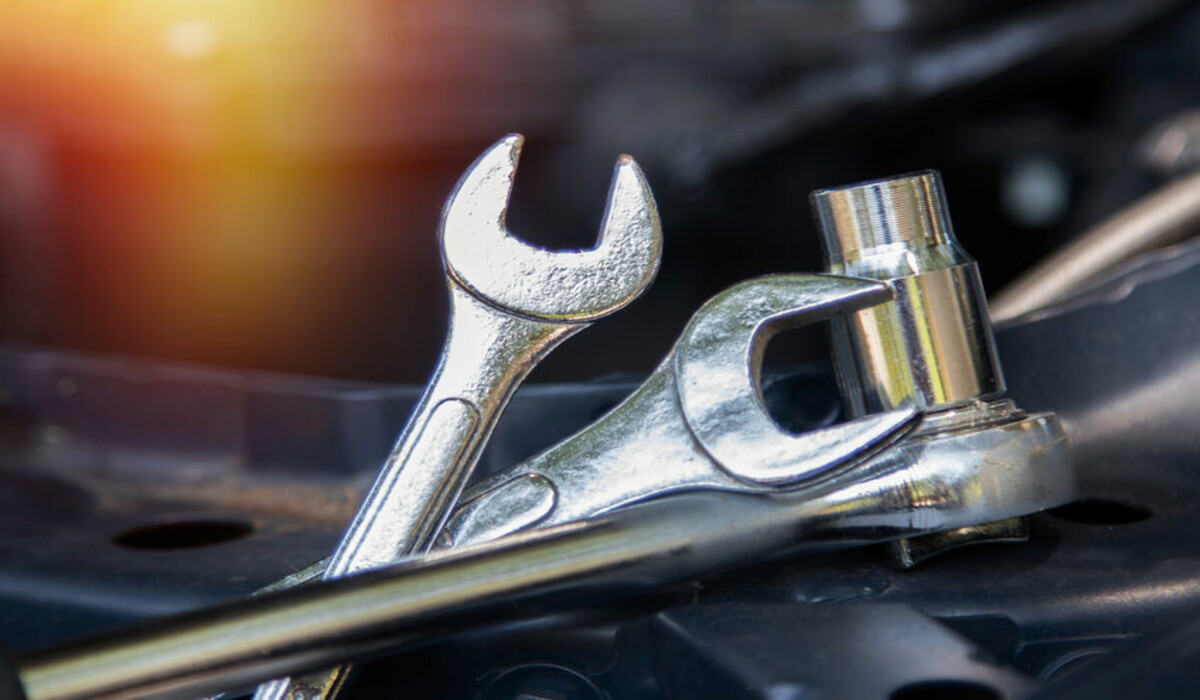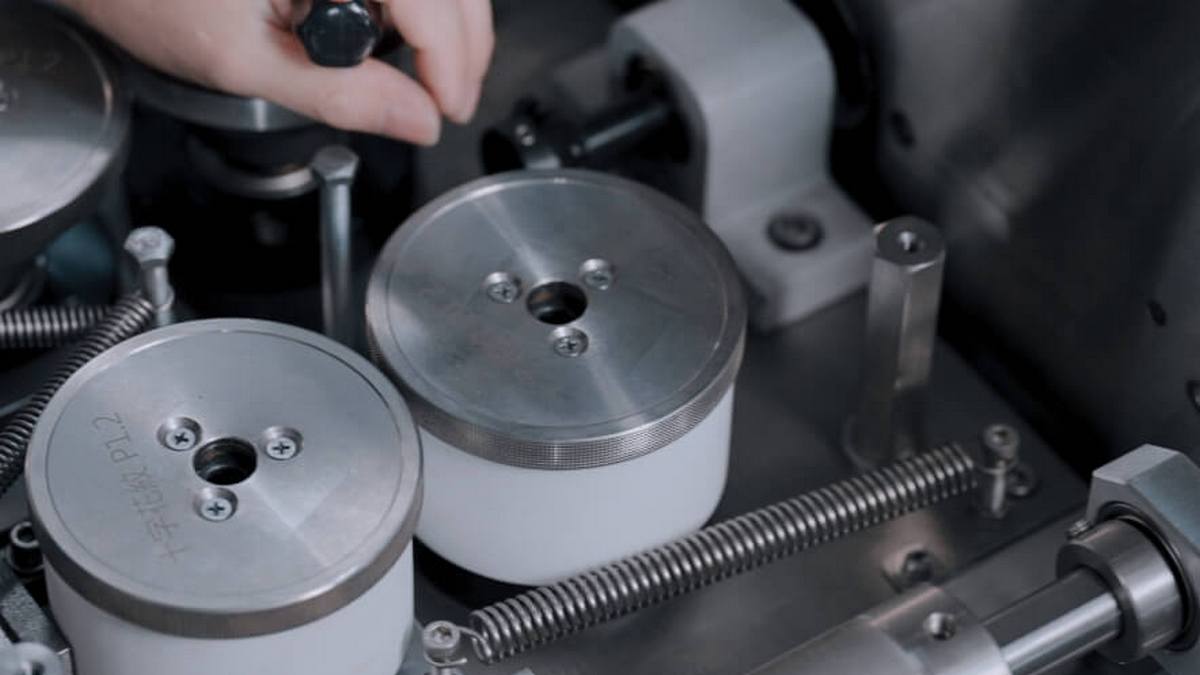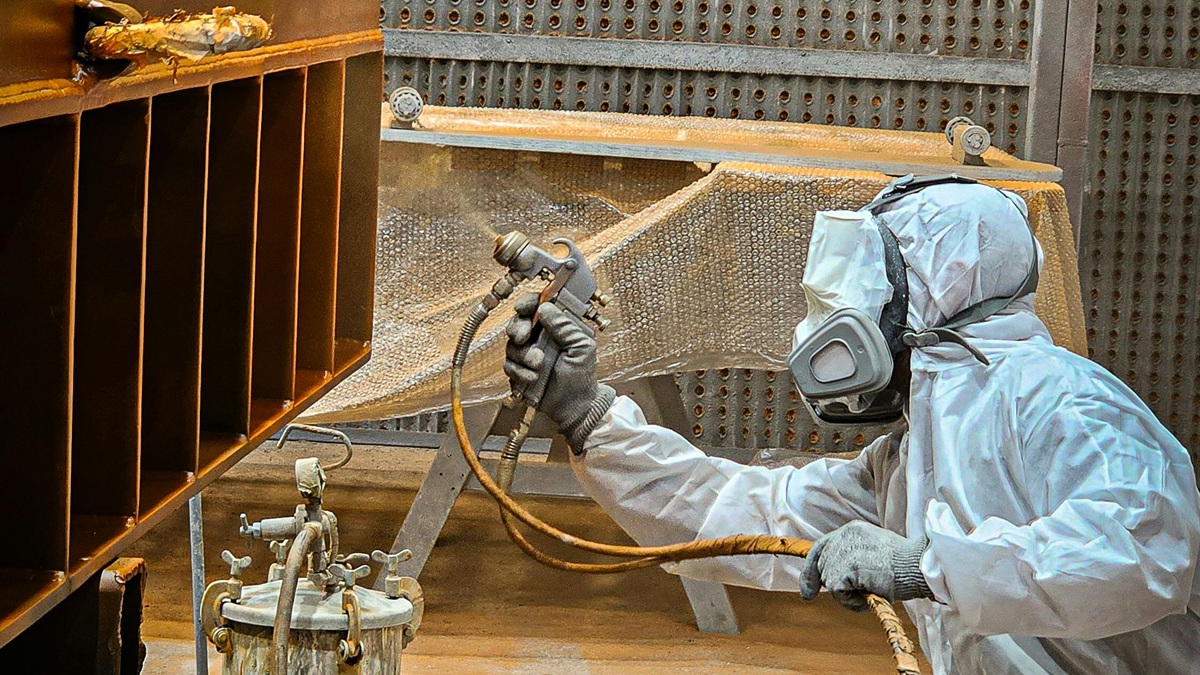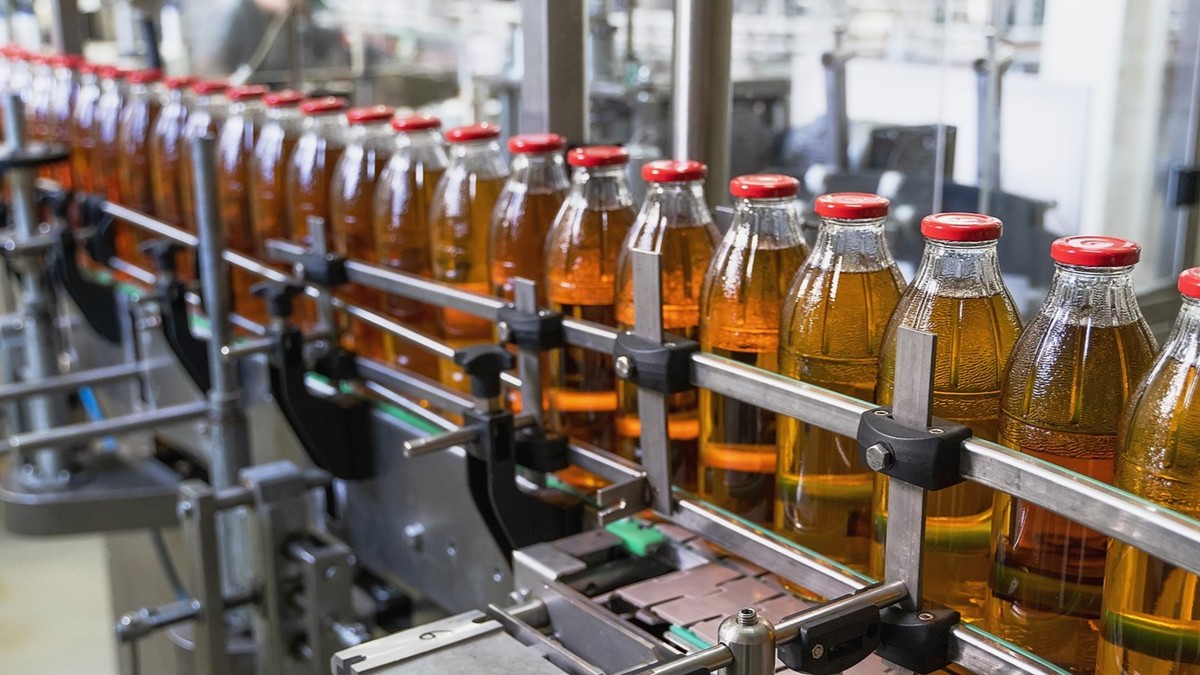India’s manufacturing sector is undergoing a critical transformation phase, with the rapid rise of industrial automation propelling the CNC machine tool market into a global growth hotspot. According to the latest research report by Technavio, the overall machine tool market in India is expected to increase by approximately USD 3.08 billion from 2024 to 2029, with a compound annual growth rate (CAGR) of 11.6%. In contrast, the global machine tool market CAGR is only about 5.07% (2023–2029), and the global CNC machine tool market CAGR is around 5.4% (2025–2029). India’s market growth rate is nearly twice the global average. Furthermore, supported by its large industrial base and favorable policies, India has strong potential to become a key strategic region in the global CNC machine tool market.
Growth Drivers
The growth of India’s CNC machine tool market is mainly driven by the following factors:
Acceleration of Industrial Automation: India’s manufacturing industry is aggressively advancing industrial automation by rapidly adopting CNC machine tools, robotics, the Internet of Things (IoT), and Artificial Intelligence (AI) technologies to improve production efficiency and product quality. This is driving sustained strong demand for CNC machines.
Automotive Industry Demand: Traditional internal combustion engine (ICE) vehicles still dominate the Indian automotive market, alongside rapid electric vehicle adoption, which is increasing demand for high-precision and advanced manufacturing equipment. The automotive sector accounts for approximately 43% of India’s machine tool market orders, serving as a primary growth engine.
Integration with 3D Printing Technology: The fusion of CNC machines with 3D printing is accelerating the digital transformation of machine tool solutions. The widespread adoption of electric vehicles further deepens demand for high-quality CNC equipment, making technological innovation and smart manufacturing key market drivers.
R&D Collaboration: The Indian Machine Tool Manufacturers’ Association (IMTMA) promotes partnerships with top academic institutions such as IIT Madras to establish advanced research platforms (e.g., C-MAT), fostering technological innovation and enhancing domestic manufacturing capabilities.
Policy Support and Investment Incentives: The Indian government has launched initiatives such as “Make in India” and other manufacturing promotion policies to attract foreign investment in local manufacturing plants. These include tax incentives and export rewards, helping international brands reduce investment risks and accelerate market entry and expansion.
International Brands Are More Than Just “Entering” India
Many major CNC machine tool manufacturers have invested in the Indian market. But has this investment truly yielded growth? Let’s look at the performance of some leading players:
DMG Mori: In 2023, DMG Mori intensified its investment in India, notably establishing a manufacturing base in Pune to better serve local market demands, demonstrating strong commitment and long-term strategy toward the Indian CNC market.
Tsugami (Japan): Investing approximately USD 23 million to build casting and assembly factories, expected to start operation in 2025, reflecting international brands’ confidence in India’s manufacturing potential and long-term growth prospects.
Brother Industries: Established its third machine tool manufacturing plant in Bangalore, continuing its layout after Japan and China, strengthening localization of production and market services in India, signaling strong confidence in the Indian market.
Key Challenges Faced by International Brands Entering India
International CNC machine tool manufacturers face several key challenges in the Indian market:
High Price Sensitivity: Indian consumers are highly price-conscious, especially in the automotive and related manufacturing sectors.
Insufficient Infrastructure: Although India’s manufacturing sector is growing rapidly, public infrastructure and supporting facilities (such as stable electricity supply, logistics, and industrial park amenities) remain inadequate.
Complex and Changing Legal and Tax Environment: India’s bureaucratic system is large and complex, involving multiple layers of administrative procedures. Taxation and import duties are relatively strict and frequently revised, resulting in high compliance costs and import barriers.
Labor and Cultural Factors: While India has abundant labor resources, the supply of highly skilled and professional talent is still limited, and the diversity of languages and cultures presents additional challenges.
Conclusion
India’s machine tool market, especially the CNC segment, has one of the fastest growth potentials in the global machine tool industry. This growth is mainly driven by industrial automation, automotive industry demand, integration with 3D printing technology, R&D collaboration, and policy support coupled with investment incentives. The active investment by international brands demonstrates strong confidence in the Indian market, but they also need to overcome challenges such as high price sensitivity, infrastructure limitations, complex legal and tax systems, and labor and cultural issues.









.jpg)




